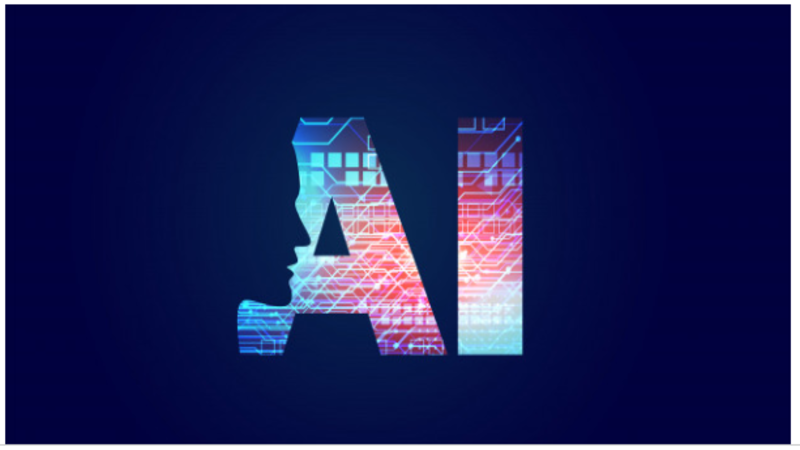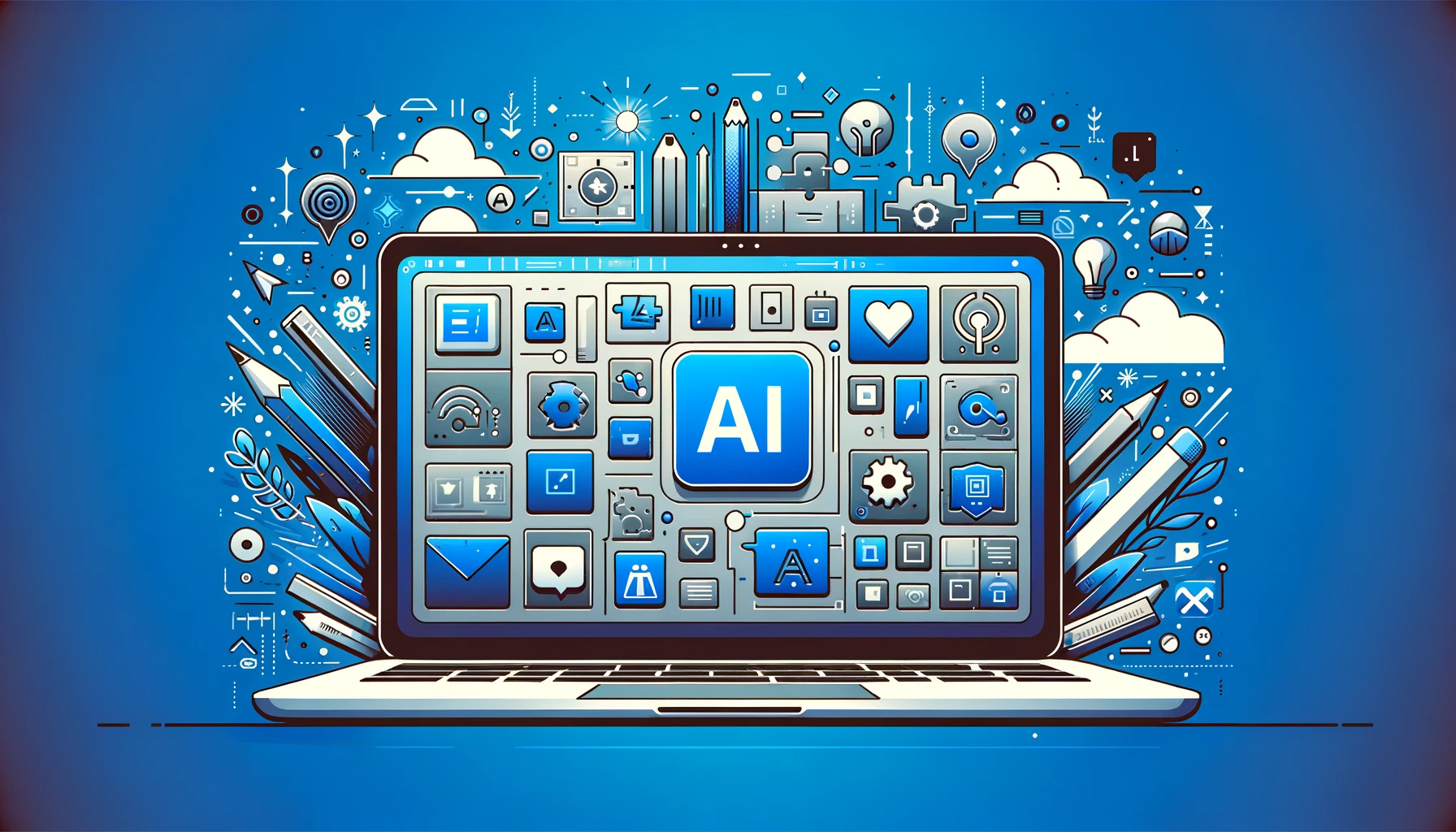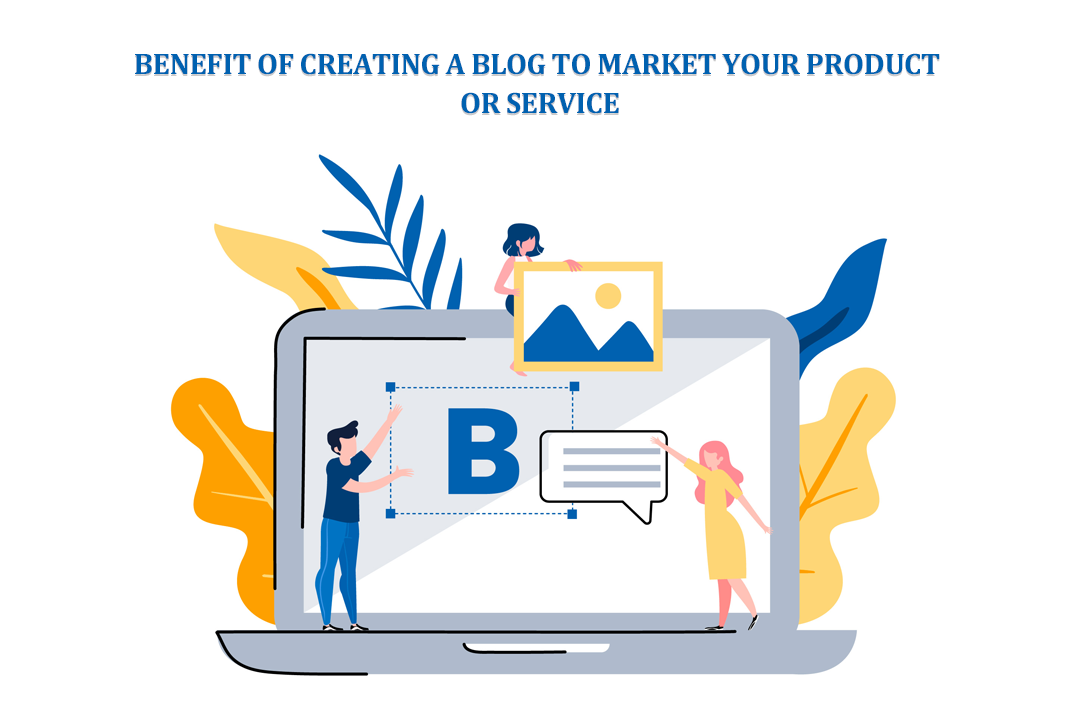
Why is generative AI such a challenge for Google, Microsoft, and Meta?
Generative AI has become a key topic of discussion in the tech world. In November 2022, OpenAI’s ChatGPT, a large language model, was opened up for public testing and within a week, the application had an average of 13 million users per day. This record of 100 million users in two months was unprecedented. OpenAI also created DALL-E, a deep learning model that produces digital images based on natural language descriptions, and GPT-3, which produces human-like texts.
Generative AI allows users to create content such as texts, images, videos, and audios from scratch. With the immense potential of generative AI, companies like Alphabet Inc.’s Google, Microsoft, and Meta have invested billions of dollars into researching and developing these tools. Google has responded to OpenAI’s success by creating its own AI chatbot, Bard AI. Microsoft, on the other hand, made its biggest investment in OpenAI with $10 billion, and showcased how generative AI can enhance the search experience. Meta has been focusing on creating image filters for its portal Instagram, and also released Make-A-Video, an AI system for turning text prompts into brief high-quality videos.
Generative AI has already begun to change the way users create content, and its potential is only increasing. It is certain to revolutionize the tech world in the near future.
Google -Alphabet Inc’s Google was one of the biggest names to scramble in response to the success of OpenAI’s ChatGPT, introducing its own AI chatbot, Bard AI. Bard uses natural language processing (NLP) and machine learning algorithms that enable it to generate human-like responses. Google has also been doing research on generative AI for some time, with its large language model LaMDA being integrated into Google products. Google’s Pathways Language Model (PaLM), which is seen as a breakthrough in AI, has been trained with the Pathways system that enables it to generalise tasks across domains and can be scaled up to 540 billion parameters. To further bolster its AI capabilities, Google recently made a $300 million investment in AI startup Anthropic.
Microsoft – The tech behemoth has invested a whopping $10 billion in OpenAI, the creator of ChatGPT and DALL-E. This follows earlier investments by Microsoft in 2019 and 2021. To showcase how generative AI can enhance the search experience, the company recently introduced its brand new version of Bing Search and Microsoft Edge, both powered by ChatGP. It has also announced that ChatGPT will be integrated into all its products.
Meta – At Davos 2023, the Chief Product Officer at Meta Platforms, Chris Cox, spoke about the potential applications of generative AI for social media, such as creating image filters for its portal Instagram. Meta has also been working on generative AI research for some time. Last year, it announced its Make-A-Video, a new AI system that allows people to turn text prompts into brief high-quality videos, and Make-A-Scene, a multimodal generative AI that offers users more control over their AI generated content.



